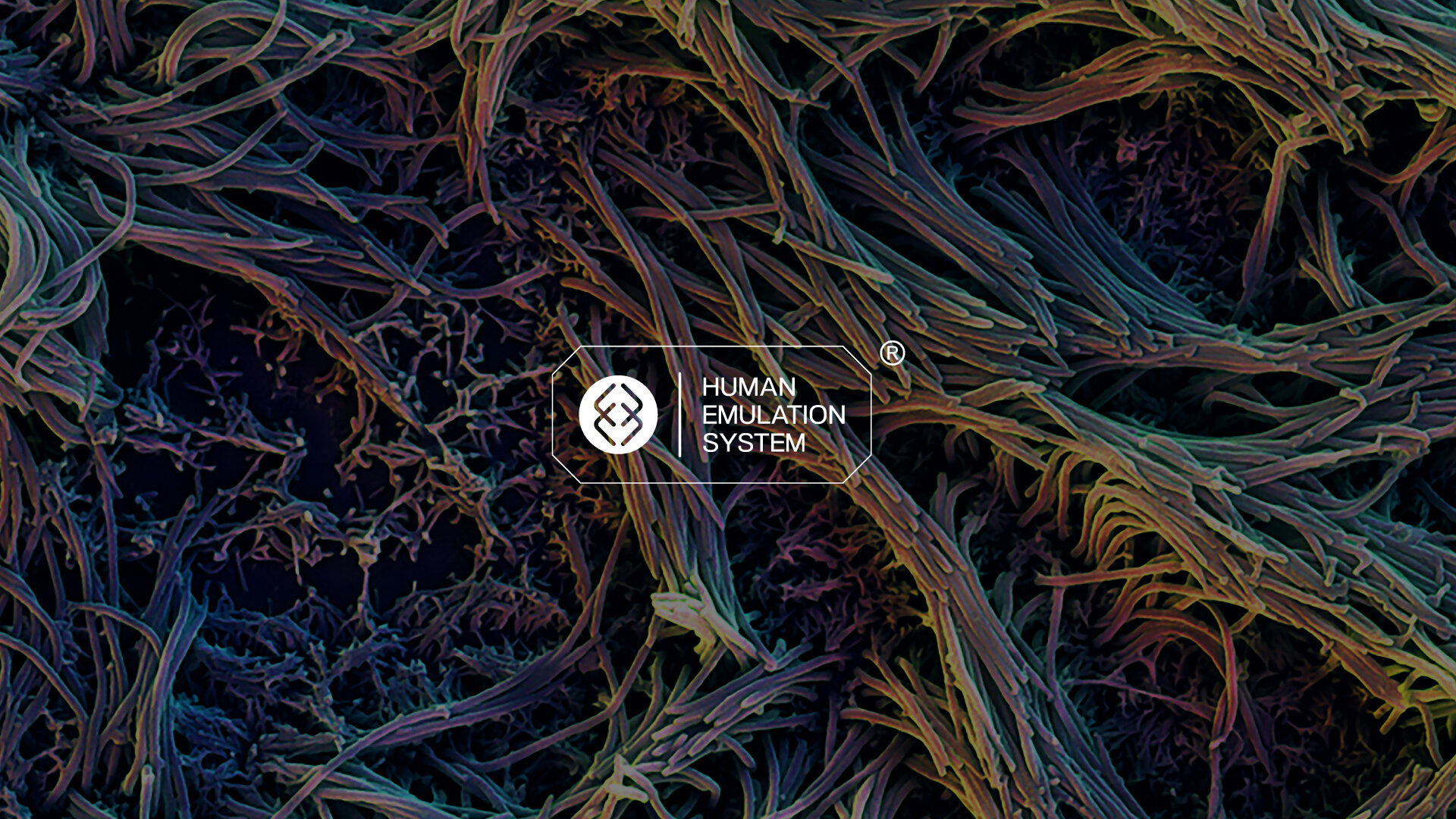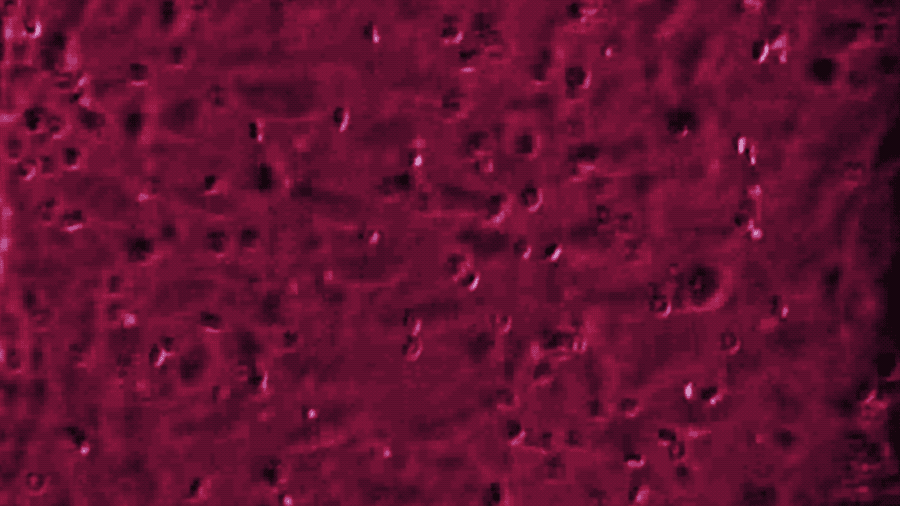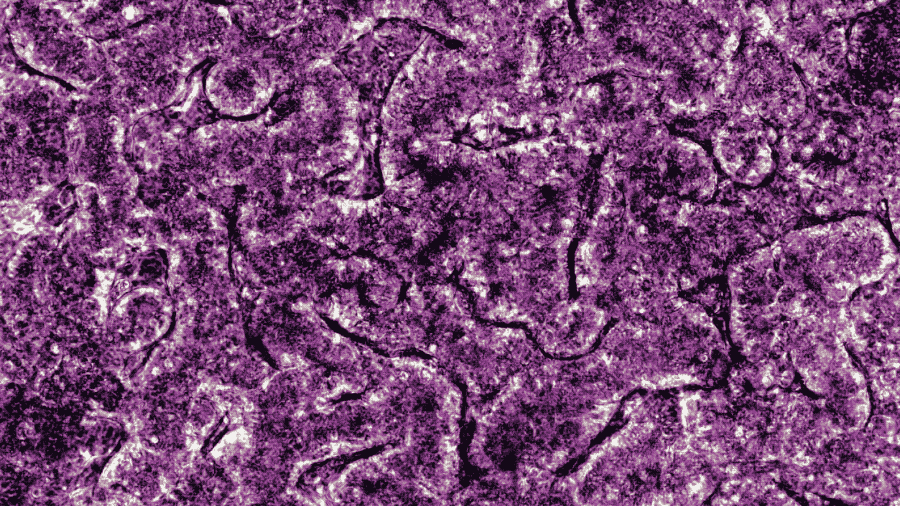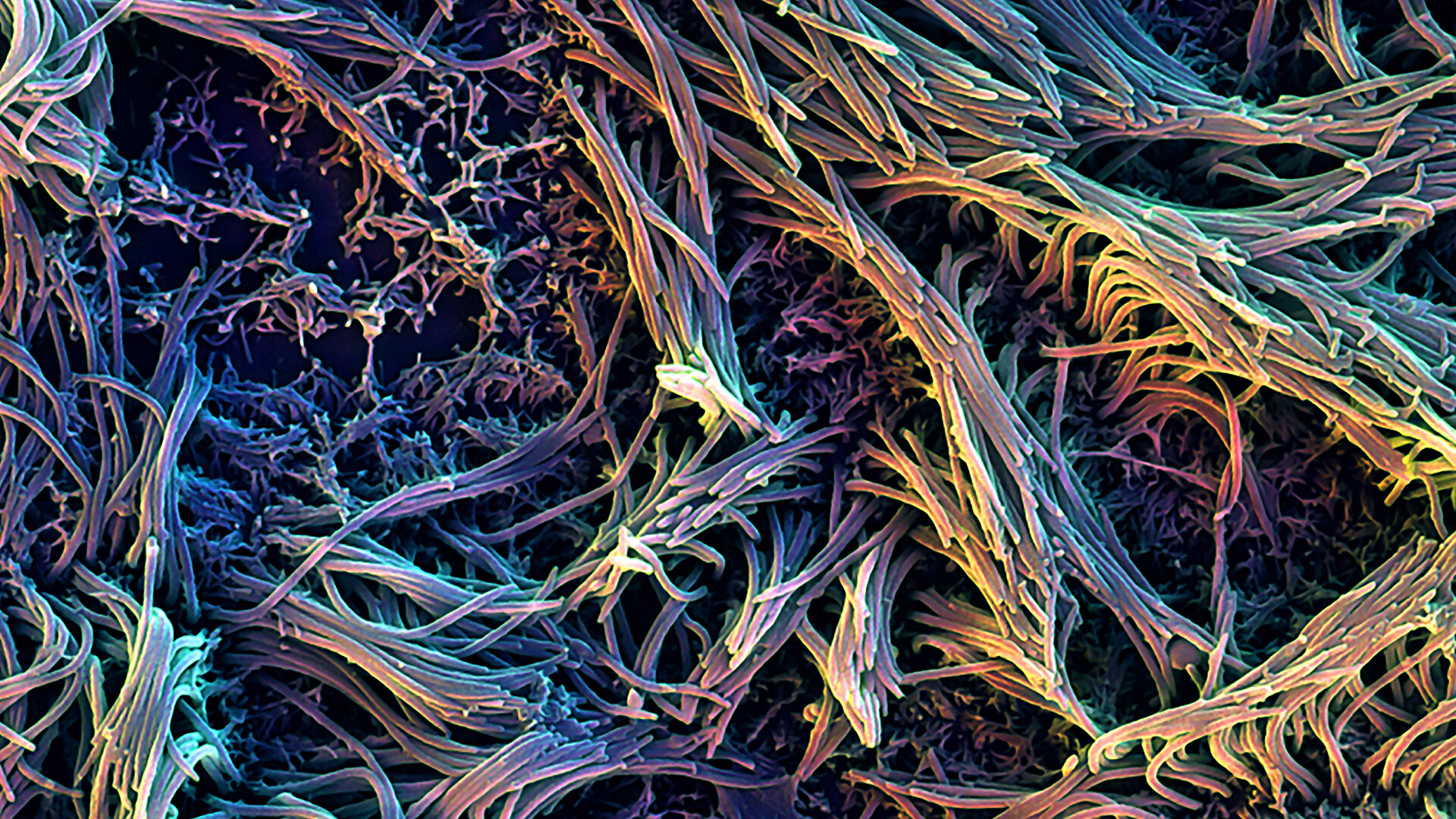
STARTUP
Emulate, Inc.
PARTNERS
Harvard University
Wyss Institute for Biologically Inspired Engineering
DARPA
U.S. Food & Drug Administration (FDA)
PROJECT TYPE
Technology Translation
Purpose + Identity
Strategic Vision
Strategy + Funding + Roadmaps
Culture + Workplace Design
Product R&D
Ecosystem + Adoption
Brand + Communications
LOCATION
Boston, MA
SECTOR
Academia
Healthcare
Technology
Government
Designing a Next-Gen Computing Platform; a 'Living System' that Emulates Human Biology
Hardware, Software, Data, and Biological Product Portfolio
Organs-on-Chips is a radical technology that started life as an experiment to replicate true-to-life human biology, outside of the body. The idea was to replace animal testing in scientific research (which is non-human and unethical), with a digital human-relevant biotechnology.
The original concept was created at Harvard University’s Wyss Institute for Biologically Inspired Engineering. Back in 2013, chips were hand-made in very small volumes, each experiment was extremely complex requiring very skilled engineering support, and as such researchers could obtain only limited data on a one-off basis. The design challenge was to take the concept and develop a digital platform that was easy-to-use, scalable, and could be used by every researcher in every lab, with consistent and accurate human-like data.
Lewis was invited into Harvard University’s Wyss Institute in 2013 to help translate the promising concept into a scaled platform design. Lewis worked with the founding scientific and engineering team through a considered R&D process, to create a design strategy, creative direction, and product development roadmap for the technology. This included an integrated portfolio design spanning hardware, software, apps, data, and biology products.
The core central component of the technology is the Organ-Chip itself. The chip provides the microenvironment that human cells need to behave like they are inside the human body - including recreating blood flow, and mechanical forces such as breathing motions. Lewis worked with the team to standardize the chip’s design and put manufacturing systems in place so it could be produced at scale. Lewis contributed to patents for the chip’s design.
The images below showcase a sample of the true-to-life living human biology that is recreated inside the organ-chips. The chips are capable of emulating various human organs - including the lung, liver, kidney, and brain - as well as recreating many illnesses safely to help researchers study uncured diseases such as viral infection, neurodegeneration, and cancer.




The design principles for the new platform were that it should be open, modular, and scalable - this included the new tools being easily accepted into a researcher’s scientific workflows, being compatible with standard lab equipment, and producing robust & repeatable data.
The image below shows the ‘Pod’ - this first critical module was designed to house each chip to create a portable interface between Emulate’s human instrumentation and a range of widely accepted laboratory equipment, including automated analysis and imaging devices.
Designing automated hardware that would make the organ-chips easy-to-use was critical to success of the new platform - i.e. replacing the mess of lab tubes and wires. Lewis worked to lead the R&D team through an iterative agile design process for the MVP version hardware instrumentation - including industrial design, embedded software, and user experience.
Data output from the platform is the main focus for researchers. Lewis led the product design team through visioning, UX, and prototyping phases for a suite of cloud-connected apps and data tools to enable team collaboration, study management, and data analysis.
For a holistic product portfolio offering, the design extended beyond the core hardware and software platform, to provide researchers with consumable ‘Bio-Kits’ for conducting experiments. The disposable kits - including human cells and reagents - include a broad portfolio of healthy organs and disease states, ready for researchers to begin their studies.
The platform was designed as a ubiquitous system, that could be used across many scientific needs - from disease research, to drug discovery, to safety testing of foods and consumer goods. The modular design enables various configurations to be easily installed in labs - from a single academic researcher studying an uncured disease, to multiple collaborative user groups across a large pharmaceutical company’s drug R&D workflow.
This short film visualizes the Human Emulation System in-situ within a lab environment.
The platform is now widely adopted and being used to positively impact human health across a broad range of academic and disease research labs, pharmaceutical drug development organizations, government agencies, and clinical healthcare institutions.












